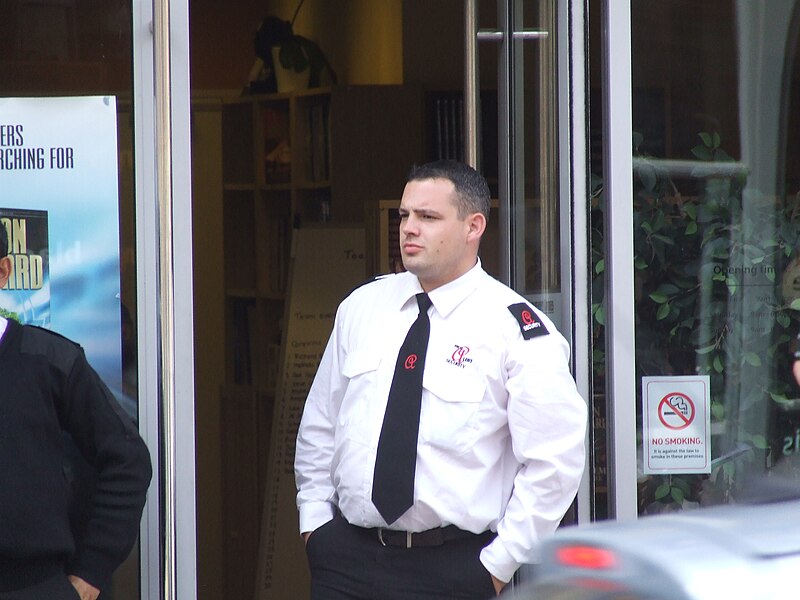
The British government has issued a stark warning to the country’s private intelligence and security sector: stop engaging in work for hostile states such as Russia, China, and Iran, or face
severe consequences, including prison sentences of up to 14 years.
In updated guidance released this week, the U.K. Home Office emphasized that collaboration with foreign powers posing a threat to national interests could violate stringent new security laws. The government urged security firms to conduct thorough due diligence to ensure their clients are not connected to foreign states with malicious intent.
A growing concern
Britain’s private intelligence and security industry has expanded significantly in recent years, with many firms employing former members of U.K. security services. These companies offer expertise in analysis and strategy, catering to a lucrative global market.
However, assessments by intelligence agencies MI5 and MI6 have identified Russia, Iran, and China as the primary threats. The guidance highlights activities hostile states might request, such as gathering intelligence on dissidents, accessing protected information (including academic research), and infiltrating supply chains through investments.
Security firms are advised to decline work if a client is linked to a foreign public sector, fails to provide clear identity details, or requests the collection of sensitive information.
Exploiting expertise
Writing in City Security magazine, Security Minister Dan Jarvis warned that private security professionals are being targeted by hostile states as proxies to harm U.K. interests.
“Private investigators, intelligence operatives, and close protection officers possess specialized skills, access to critical information, and connections to high-profile individuals — assets that adversaries seek to exploit,” Jarvis wrote.
He added that state involvement might not always be apparent. “Hostile actors often operate covertly, using intermediaries or seemingly legitimate businesses to mask their true intentions,” he cautioned.
Increasing threats
Concerns about the private intelligence industry have been growing among U.K. security services. In an October update, MI5 Director General Ken McCallum noted an "eye-catching shift," with Russia and Iran increasingly relying on private operatives and criminal networks to further their goals in Britain.
Crackdown on the industry
The government’s concerns have already led to tangible actions. Last year, police detained Andrew Wordsworth, co-founder of the private investigation firm Raedas, at Bristol City Airport as part of a broader crackdown. Though he was questioned about potential links to Russia — allegations the firm denied — Wordsworth described the incident as “irritating” but expressed support for the government’s efforts.
A new foreign influence register
The warning comes as the U.K. prepares to launch the long-awaited Foreign Influence Registration Scheme (FIRS). Modeled after a similar U.S. initiative, the scheme aims to protect Britain from undue foreign influence, introducing an enhanced tier for nations deemed especially risky.
While FIRS has faced delays due to political factors, recent calls to include China in the enhanced tier have intensified following allegations of espionage involving a Chinese national linked to Prince Andrew.
The government’s message to private intelligence professionals is clear: prioritize national security over short-term gains, or risk severe legal repercussions. Photo by Anonymousmanchester, Wikimedia commons.



































